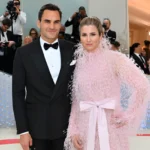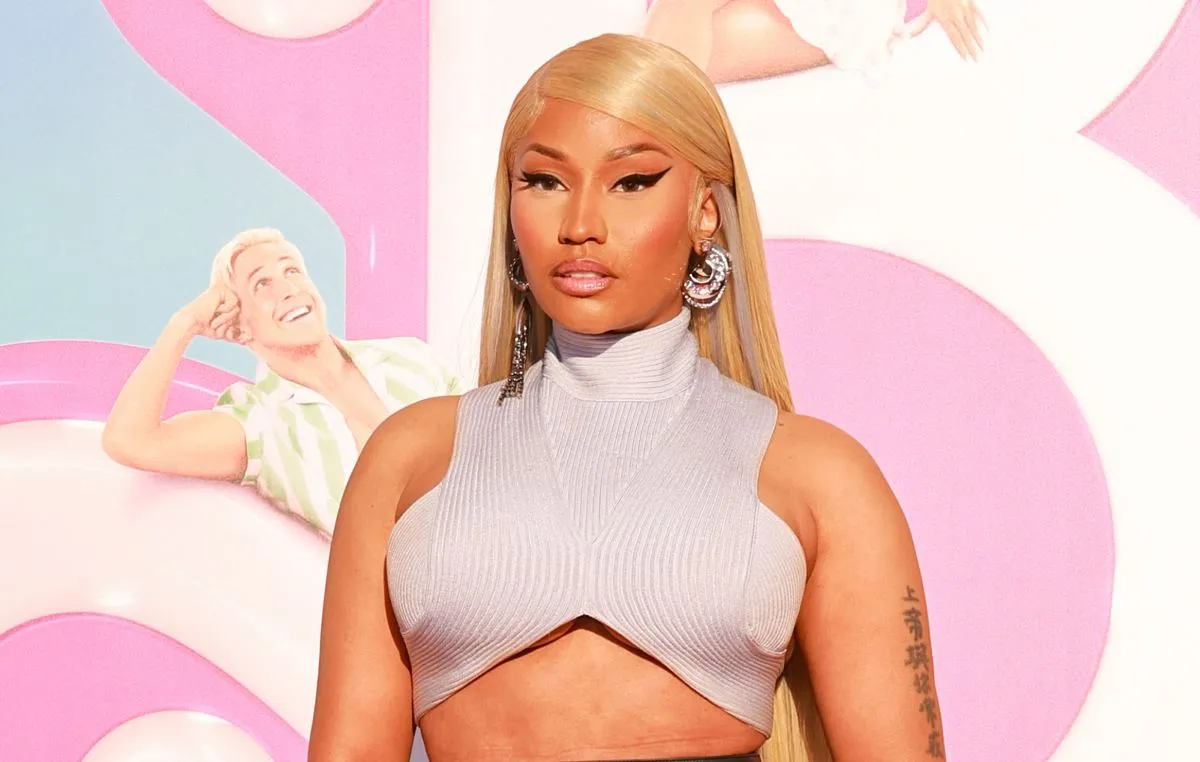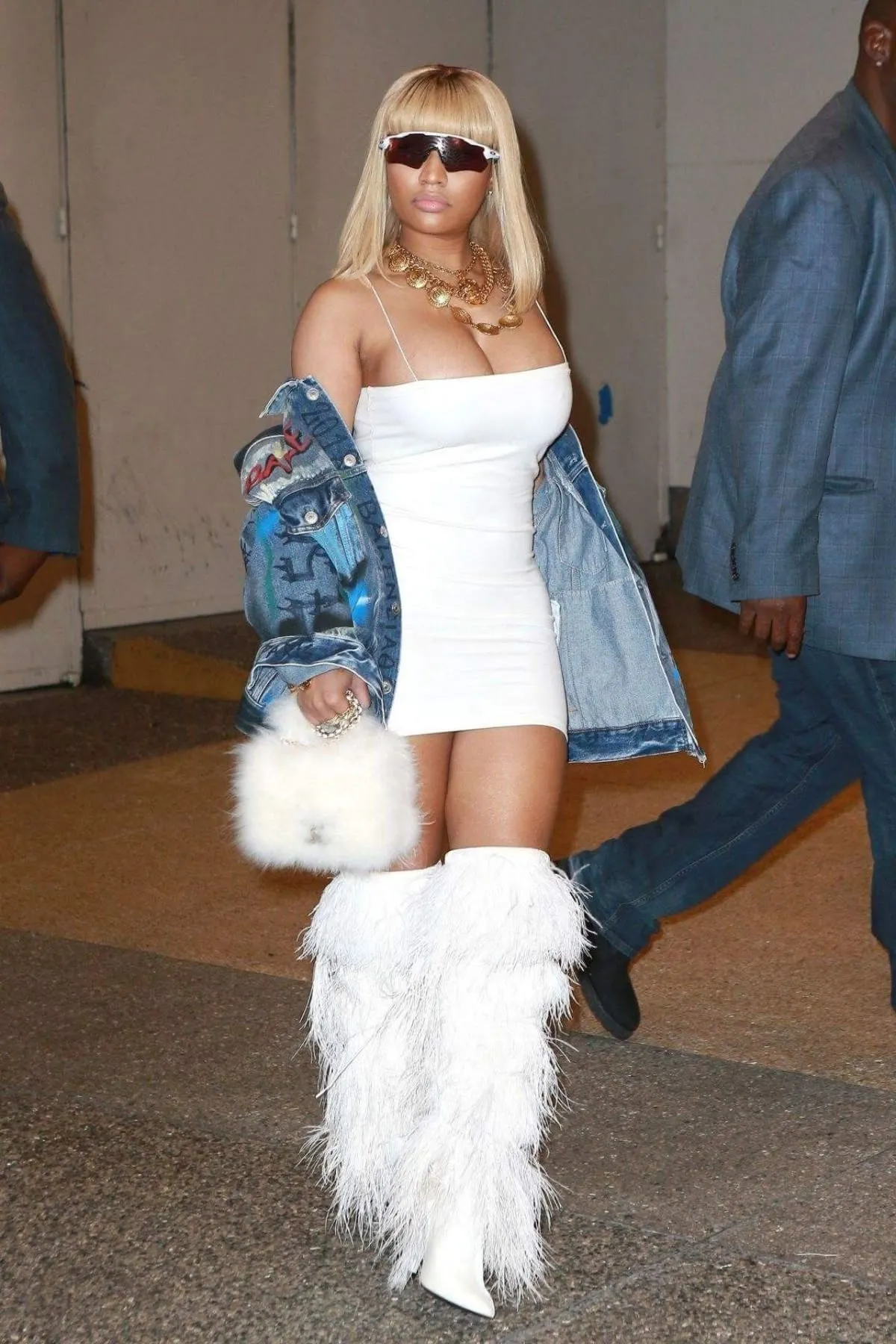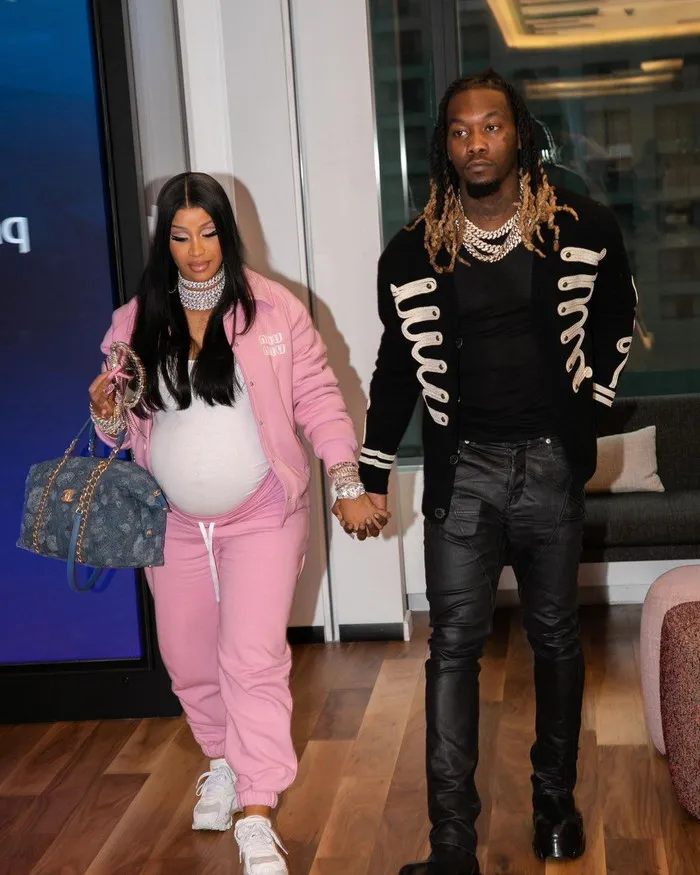
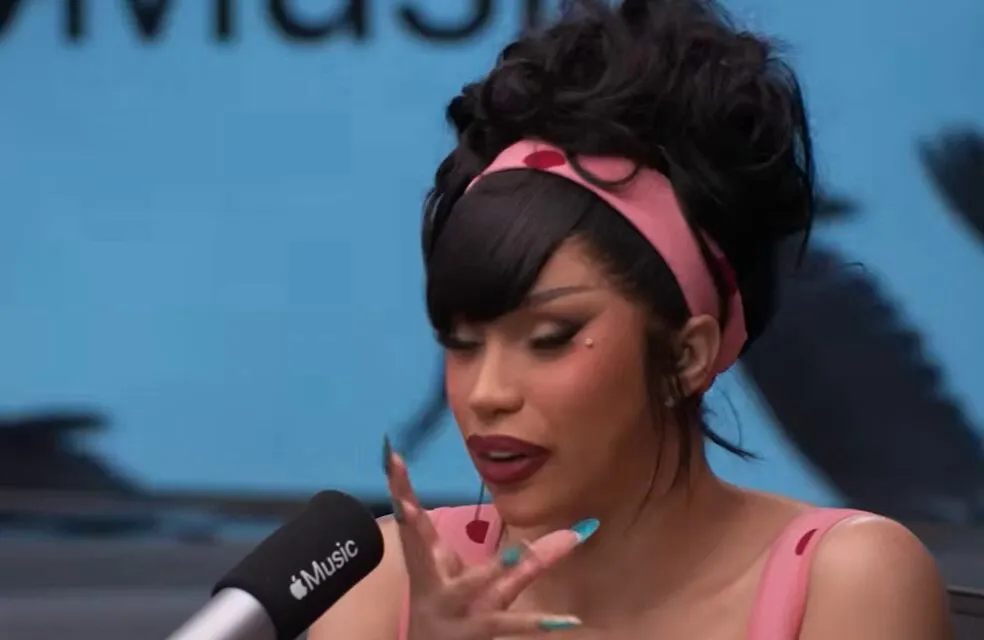
Cardi B Drops Bombshell on Why Female Rappers ‘Can’t Stand’ Her — ‘They’ll Never Match My Level’
When Cardi B speaks, the entire hip-hop industry listens. The Bronx-born superstar has never been one to hold back her thoughts, and her latest statement has sent shockwaves across the music world. In a recent conversation, Cardi opened up about why she believes many female rappers cannot stand her presence in the industry, boldly claiming that they will never be able to reach her level of artistry, influence, or success. These words are not only a reflection of her confidence but also an insight into the intense rivalries and fragile alliances that exist within the world of rap.
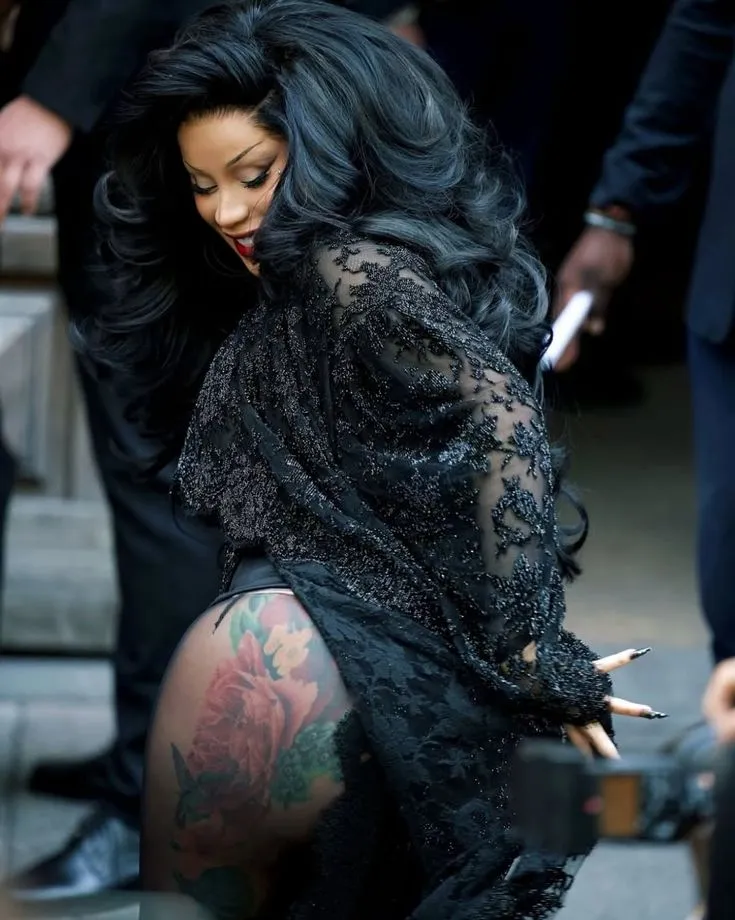
For years, Cardi has been a central figure in debates about authenticity, competition, and dominance in hip-hop. Ever since her breakout single “Bodak Yellow” skyrocketed her to fame, she has been embroiled in a constant tug-of-war with both fans and fellow artists who either admire her or resent her. Her latest comments, which many view as a direct shot at her critics, reaffirm her unapologetic attitude. But they also highlight a deeper struggle that continues to plague the careers of women in rap: the fight for recognition, space, and respect in a male-dominated culture.
Cardi B’s Rise and the Roots of Rivalry
To understand why Cardi B feels targeted by other female rappers, one must revisit her extraordinary rise. Before music, she was already a polarizing figure as a reality TV star on Love & Hip Hop: New York, known for her unfiltered personality and sharp wit. When she transitioned into rap, many underestimated her ability to last in an industry that often views women as replaceable. Yet, her debut album “Invasion of Privacy” not only won her a Grammy but also set records that placed her alongside rap’s greatest.
This rapid ascent inevitably stirred tension. Cardi herself has admitted that success in hip-hop, particularly for women, often means being pitted against each other. Unlike their male counterparts, who can dominate the charts simultaneously, female rappers are frequently framed as rivals rather than peers. Cardi’s larger-than-life persona, her raw delivery, and her knack for chart-topping hits naturally made her a threat to those who sought the same spotlight.
The Pressure of Being at the Top
When Cardi B declared that other female rappers will “never match my level,” it was not simply an arrogant boast but a reminder of the immense pressure that comes with her position. She has managed to maintain mainstream relevance while consistently breaking records and staying at the center of cultural conversations. Very few artists, male or female, can boast the same trajectory.
Her confidence stems from the reality that every new female rapper entering the scene is often compared to her. Cardi has become a measuring stick, a benchmark against which others are judged. This dynamic can breed resentment. For artists struggling to carve their own identity, Cardi’s dominance feels like an overshadowing presence. Her unapologetic style and aggressive confidence only intensify the friction, as she never shies away from reminding people of her achievements.
Female Rap’s Historical Struggles
The tension Cardi B describes is not new. The history of female rappers is filled with rivalries, from the iconic clashes of Lil’ Kim and Foxy Brown to the long-running comparisons between Nicki Minaj and her contemporaries. Unlike male rappers, who often collaborate even amid feuds, women in the industry face additional scrutiny that magnifies any perceived competition. Media outlets and fans alike thrive on pitting women against each other, creating an environment where solidarity is fragile and conflict becomes entertainment.
Cardi B’s claim that others “can’t stand” her reflects not just personal grievances but also a systemic issue. She represents success at a scale that many dream of but few attain, and in a landscape where only a handful of women can dominate at once, envy is inevitable. The fact that Cardi acknowledges this reality so directly is what makes her statement resonate and sting at the same time.
The Influence of Cardi B’s Persona
Another reason Cardi B provokes such strong reactions is her unique persona. Unlike many artists who carefully curate an image, Cardi thrives on authenticity. She is loud, brash, funny, and unfiltered, whether on social media, during interviews, or in her music. Her willingness to expose her flaws and speak openly about her past—whether stripping, hustling, or struggling—makes her relatable to millions of fans. Yet, that same openness makes her a polarizing figure for other artists who may prefer a more guarded or polished presentation.
By saying other rappers cannot match her level, Cardi is not only referencing sales or accolades but also the intangible quality of cultural impact. She has built an empire on being herself, something that cannot be replicated. This authenticity translates into a connection with audiences that goes beyond music, allowing her to influence fashion, politics, and even social issues. For competitors, this multi-dimensional reach can be daunting, as it raises the bar far beyond the traditional boundaries of rap success.
The Industry’s Role in Fostering Division
Cardi’s comments also highlight the role of the music industry in fostering hostility among women. Record labels, executives, and media platforms have long profited from drama, often amplifying rivalries instead of encouraging collaboration. The narrative of women being unable to coexist at the top has been recycled for decades, creating an environment where artists feel pressured to outshine rather than uplift each other.
In Cardi’s case, the industry benefits from her outspokenness, using her fiery personality as fuel for headlines. Every statement she makes, such as this bombshell about why other female rappers resent her, becomes a spectacle. The downside, however, is that it further isolates her from peers who might otherwise support her. Cardi herself has often expressed a desire for unity, but her dominance—and the narratives built around it—make solidarity difficult to achieve.
Public Perception and Fan Culture
One cannot ignore the role of fan bases in this dynamic. Cardi B’s supporters, known for their loyalty and passion, are quick to defend her against any perceived slight. Similarly, rival artists have their own dedicated fan groups who often clash online, turning disagreements into full-blown digital wars. These battles create an atmosphere of constant tension, where every lyric, interview, or tweet is scrutinized for hidden meanings and subtle jabs.
When Cardi claims that others will never match her level, fans interpret it in different ways. Some see it as justified confidence, a reminder of her undeniable impact. Others view it as arrogance, fueling narratives that she is dismissive of her peers. Regardless of interpretation, the statement keeps her at the center of discussion, reinforcing her status as a cultural force who cannot be ignored.
Cardi B’s Legacy and the Future of Female Rap
The most striking aspect of Cardi’s bombshell statement is how it shapes her legacy. She has positioned herself as not just a rapper but as a cultural icon whose influence extends beyond music. By openly addressing the resentment she faces, she is also challenging the industry to confront its treatment of women. Her insistence that others cannot reach her level may sound harsh, but it is also a reflection of the immense barriers she has overcome.
Moving forward, Cardi B’s presence in hip-hop will continue to redefine what success looks like for female rappers. Whether others love her or loathe her, they cannot deny the imprint she has left on the genre. Her career demonstrates that women can dominate not just musically but culturally, socially, and politically. The very fact that so many feel threatened by her success is proof of the space she has created in an industry that once sought to limit women’s voices.
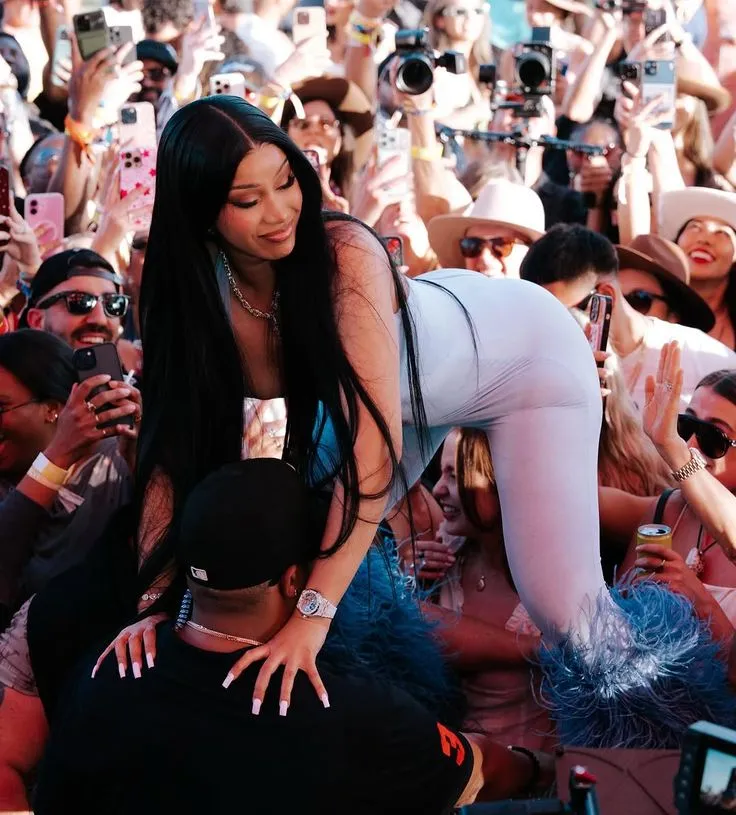
Conclusion: A Statement That Echoes Beyond Music
Cardi B’s declaration that female rappers “can’t stand” her because they will “never match my level” is more than a provocative soundbite. It is a window into the complexities of fame, rivalry, and resilience in the world of hip-hop. It reflects both her personal confidence and the systemic pressures that shape the careers of women in rap. By making such a bold statement, Cardi has once again placed herself at the center of cultural conversation, reminding everyone that she is not just a participant in the industry but a defining force.
In the end, whether one agrees with her or not, Cardi B has earned the right to speak her truth. She has fought her way from obscurity to global stardom, overcoming doubt and criticism at every step. Her words carry weight because they are backed by success, influence, and a fearless authenticity that few can replicate. Love her or hate her, Cardi’s level is one that continues to challenge, inspire, and unsettle the entire landscape of female rap—and she seems determined to keep it that way.


